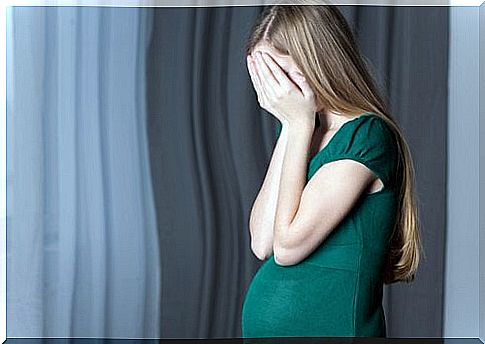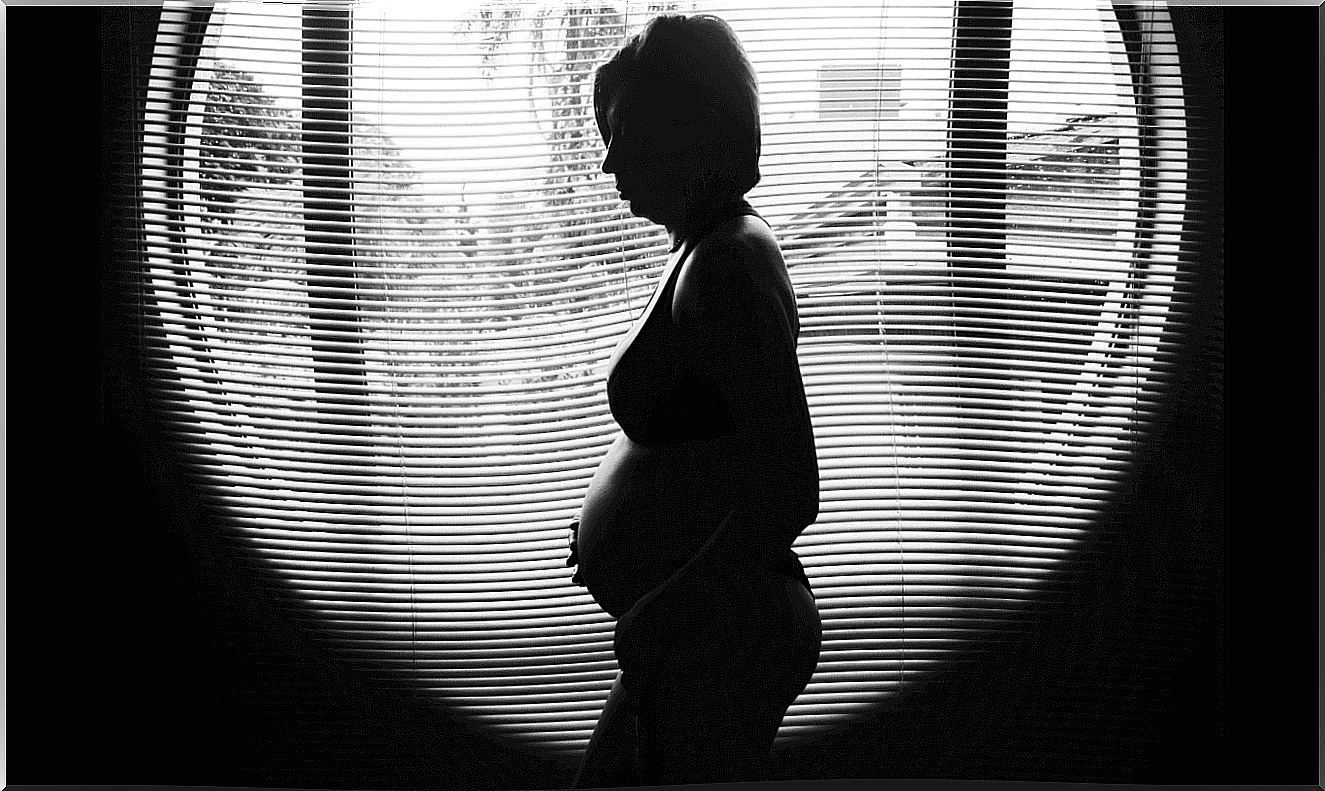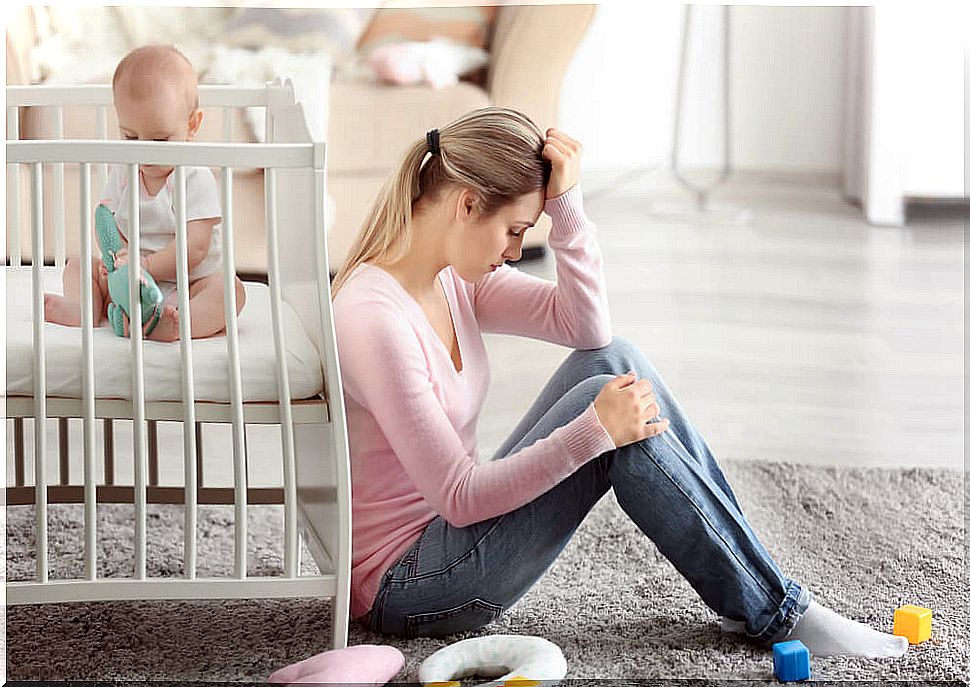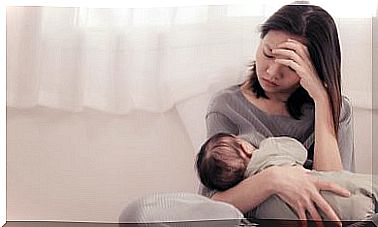What To Do When Pregnancy And Sadness Go Hand In Hand? (perinatal Depression)

The period does not come to you. You take the test and you are pregnant. What a joy! A new life is growing within you! But as you think about it, the joy of pregnancy can be overwhelmed by a series of thoughts that flood our heads and that can lead to perinatal depression.
Will I be a good mother? Will everything be okay for my son? What if I’m not what he deserves? I have to love him madly, if I don’t I will be the worst mother in the world! You start to feel bad. Little by little the sadness is incubating inside you.
But if pregnancy is supposed to be a time full of happiness and joy, is there something wrong with me? Why the hell do I feel like this? I see all the other mothers happy and this only makes my sadness accentuate …
What is perinatal depression?
Perinatal depression includes two types : prenatal, which occurs during pregnancy, and postnatal, which can occur after delivery or during the first year after giving birth. When it appears, the mother feels sad, confused, and alone. It is very important to seek support, both from our loved ones and from professionals.

This problem affects a considerable number of women, since between 10 and 15% of mothers suffer from perinatal depression. But how do you differentiate an occasional or temporary sadness from a depression? In the latter, the discomfort will be more intense, it will occur more frequently over time and for a longer time.
Specifically, moms with perinatal depression feel down or sad for two weeks or more. In addition, they appear anxiety, problems falling asleep or, on the contrary, they sleep too much. There are also changes in appetite and difficulties in concentrating.
But not only that, they feel more irritable and nervous. Life is not enjoyed as much as before and interest in social relationships is lost: friends and family.
Uncontrollable crying and feelings of hopelessness appear. We must not forget the feelings of guilt and self-deprecation that these mothers will have, since it is socially established that we have to be happy at this stage of life.
Risk factors in perinatal depression
Fortunately, not all pregnant women have perinatal depression. Whether they have it or not depends on many factors. These can be sociodemographic, psychiatric, biological, medical and personal in nature. As you can see, they have a very varied origin.
Anxiety during pregnancy is a risk factor for perinatal depression. An anxiety that can arise from different stressful events, such as loss of job, divorce, death of a family member or a rhythm of life, in itself, very demanding. On the other hand, the fact that the mother has suffered from depression before is also a risk factor.
Lack of social support, especially from the partner, is another of the most influential risk factors. Domestic violence has the same effect. Also, the status of the couple (whether they live together or not, whether they are engaged or not, etc.) can also play a role. The fact that the child is unwanted or can also be a relevant factor.

Consequences of perinatal depression
Knowing the associated risk factors, preventive and treatment work can be carried out. In this way, the cases of women suffering from this depression can be reduced.
This will not only be an advantage, as it will reduce the incidence of cases, but it will also eliminate some of the harmful “side effects” associated with this type of depression. Thus, for example, perinatal depression will influence both the development of the baby and the quality of the mother-child relationship.
Depressed mothers believe that their capacity and performance as parents are low and they refer to this, in contrast to those who are not depressed. Also, they are less positive and interact less with their babies; an interaction that is essential for the correct development of children.
These children have been shown to react less, are less skilled at interacting with their mothers, and avoid looking at each other, which is related to attachment theory. Although the mother improves, in the long term these children may have a worse school performance and difficulties in their social relationships.
Taking into account the consequences that perinatal depression can have, it is important to allocate resources to prevent it and treat it appropriately.
Currently, great attention is paid to the physical health of mothers during pregnancy. But it is necessary to emphasize that their mental health also plays an important role that cannot and should not be ignored, including it in the follow-up of the pregnant mother.
Images courtesy of Camila Cordeiro, Andre Hunter, and Katie Chase.









